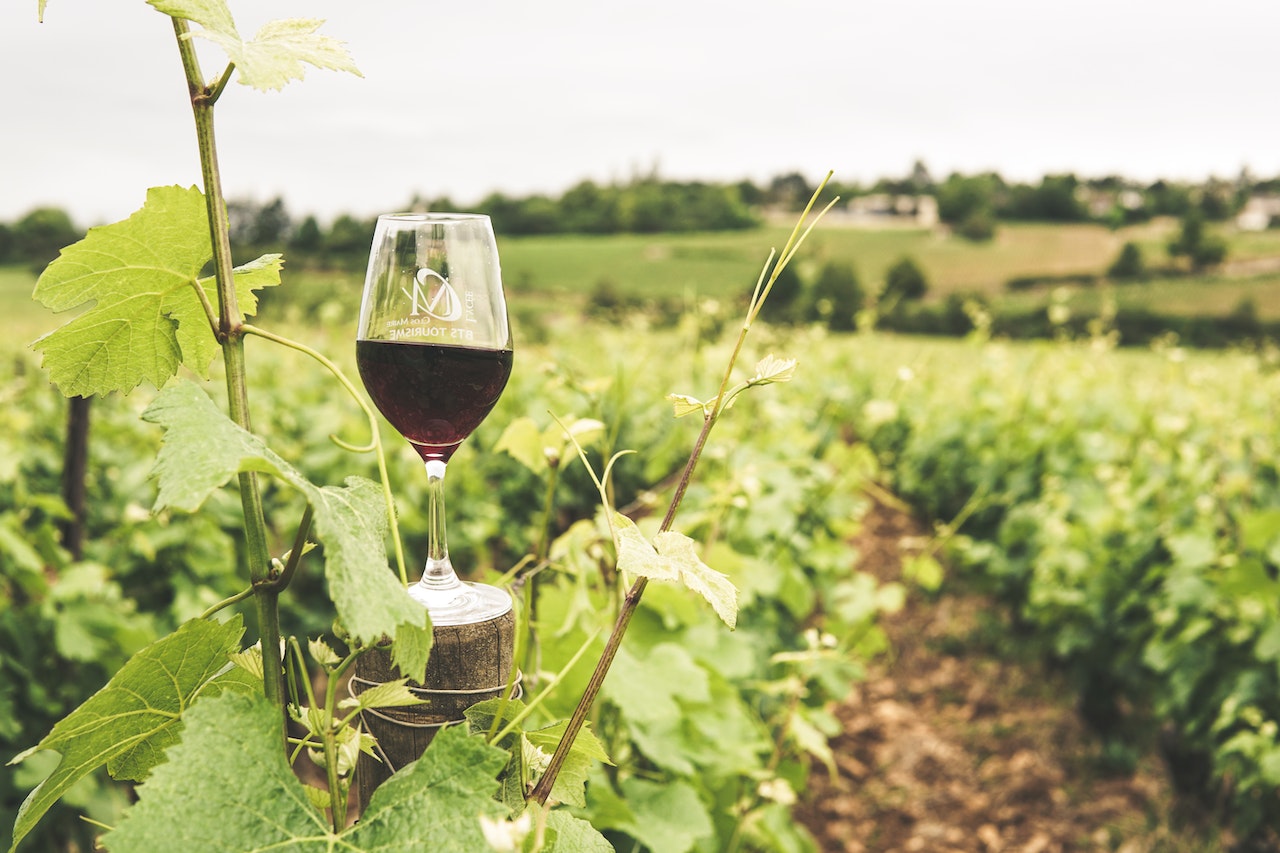When it comes to the wine sector, one of the most dynamic niches is undoubtedly that of organic and biodynamic wine. The global organic wine market alone is worth $8.9 billion and is expected to expand at a CAGR of 10.2% from 2022 to 2030. The main reasons for the boom in organic and biodynamic wines is health, and the second is taste.
These wines are particularly popular among millennial buyers in Europe, since this generation (and younger ones, including GenZ) are particularly interested in backing sustainable, ethical ventures. Of course, there is a big difference between organic and biodynamic wines. The latter are a kind-of 2.0 version of the former, since they have much stricter standards, many of which are firmly centered on environmental sustainability.
What Makes Biodynamic Wine So Special?
Biodynamic wine has two ultimate aims: purity and balance. It prioritizes soil quality, since soil is the heart of excellent winemaking and it is influenced by the heat, cold, rain, sun, and moon. The biodynamic winemaker aims to understand the rhythms of the land and aim or balance in an ever-changing terroir. Farmers see the vineyard as one whole entity, and avoids synthetic fertilizers and pesticides.
They pay heed to the phases of the sun and moon and note their effects on vine growth. They prune and harvest according to nature’s timing instead of market pressures. What’s more, farmers prize work by hand rather than by machine where possible. Biodynamic farmers also believe in biodiversity; using the land to grow not only vines, but also plant herbs, clover, and wild grasses.
These plants have powerful benefits for the soil. They loosen the earth, attract beneficial insects and wildlife, and help nourish the microorganisms that give rise to optimal quality soil and good vineyard health.
Great Italian Biodynamic Wines
Just a few must-try bottles include MaZero, a sparkling wine produced by the Masiero Winery (from Veneto) with Chardonnay grapes. The fermentation is undertaken in a steel tank, then again for six months in an acacia barrel, and is finally refermented in the bottle. If you’re into sparkling wine, you might also enjoy Rosato Frizzante by Catina Winler, a 100% Pinot Nero wine from Veneto.
Once again it is naturally refermented in the bottle after spending six months in a steel tank. Another good choice is Rosso della Contrada—a red wine produced by the Iola Rabasco winery from Montepulciano. This bottle is made with 100% Montepulciano grapes and is vinified with free fermentation in open vats, then in wooden barrels for around eight months.
One new bottle that is receiving positive reviews is Agrinatura Italian biodynamic wine, made by eighth-generation winemaker, Giancarlo Ceci, in his vineyard—located in Puglia, just above the famous Italian boot on the Adriatic Sea. The soil in this vineyard is shallow and permeable, enabling the vines to take root. At Agrinatura, grapes are harvested by hand or gently by machinery, and processed right after harvesting.
How is Biodynamic Wine Stored?
To store natural, biodynamic wine, choose a cool, dark place or fridge with a temperature of between 50 and 59ºF (10-15ºC). Do not store bottles close to direct sunlight or heat sources, or their quality could be compromised. If you store your bottles in a big wine fridge, ensure that the humidity is consistent throughout. Aim for a relative humidity of 70%.
Italy Is One of the Top 10 Consumers of Organic Wine
If you are keen on trying an excellent bottle of organic biodynamic wine at an elegant restaurant, you have the best chances of finding it in Sweden, Austria, France, Germany, the UK, Belgium, Luxembourg, Spain, Italy, Japan, and the US. Spain is one country that is providing competition in terms of biodynamic wine growth, with many vineyards having adopted these practices for over a decade.
Whether you are into white, red, rosé, or sparkling biodynamic wines, with a little research, you should be able to find a fantastic Italian bottle. There is a huge demand for organic and biodynamic wines in countries across the globe. As Italy is a famed wine–growing country, it is one of the world leaders in terms of biodynamic wine. Try some of the bottles suggested in this post as the perfect accompaniment to your meal.






